How To Fix Your Water Leak Problems
How to Effectively Address Water Leak Problems
Water leaks, if left untreated, can lead to costly damage to your property, from structural issues to mould growth. It’s essential to take water leaks seriously and address them promptly to maintain a safe and efficient plumbing system. Whether it’s a minor drip or a major pipe burst, understanding the cause and knowing how to fix it will save you both time and money.
In this article, we will explore the most common types of water leaks, how to identify them, and when it’s time to call in a professional plumber.
Identifying Water Leak Problems
To fix a leak, the first step is identifying its source. Sometimes leaks are visible, but in many cases, they may be hidden behind walls, under floors, or in ceilings, making them more challenging to detect. Here’s how you can spot a water leak:
- Water pooling: If you notice water gathering in areas where it shouldn’t, such as under sinks or around appliances, you likely have a leak.
- Damp patches on walls or ceilings: Discolored patches can indicate a hidden leak, especially if the walls feel damp.
- Sound of dripping: If you can hear water dripping but can’t see where it’s coming from, it’s important to investigate.
- A sudden increase in your water bill: A spike in your water bill without any change in usage often points to an undetected leak. You can confirm this by taking a meter reading, turning off all water appliances, and checking if the meter continues to move.
For difficult-to-locate leaks, you may want to invest in a leak detector tool or call a professional plumber to identify the exact location of the problem.
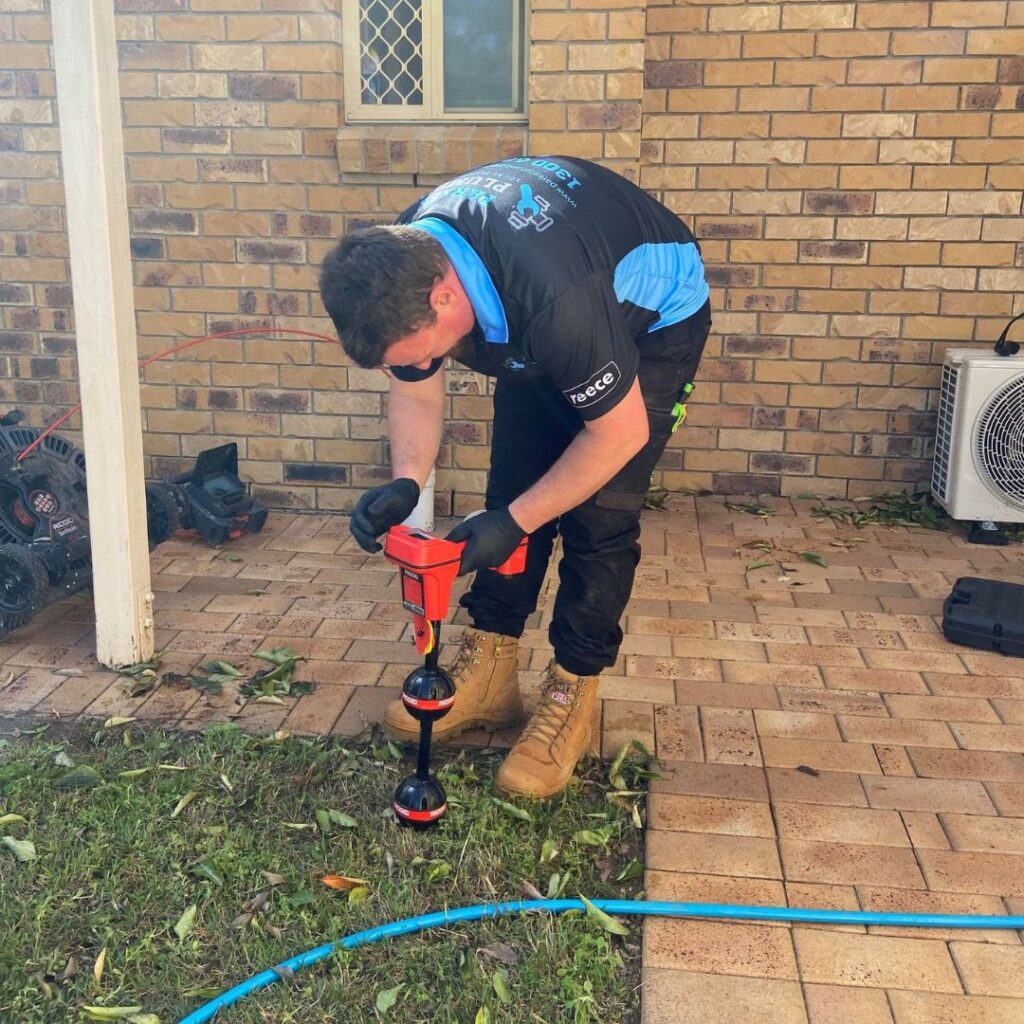
How to Fix a Leaking Tap
Leaking taps are one of the most common household plumbing issues. Not only are they annoying, but they can also waste significant amounts of water. Here’s how to fix them:
- Turn off the water supply: Always shut off the water before you start working on any plumbing fixture.
- Disassemble the tap: Unscrew the tap handle and remove the stem. Look for the washer, which is typically the cause of a leak.
- Inspect the washer: If the washer is damaged, replace it with one of the same size and material.
- Reassemble the tap: After replacing the washer, reassemble the tap and turn the water back on to see if the leak is fixed.
If replacing the washer doesn’t stop the leak, the entire tap may need to be replaced or professionally inspected.

How to Fix a Leaking Bathtub or Shower
Leaks in the bathroom, particularly from the bathtub or shower, often occur around the seals or due to cracks in the grout. To resolve these issues:
- Check the seals: Inspect the silicone seals around the plughole, overflow, and the bathtub. Damaged seals can allow water to seep out.
- Reseal if needed: If you notice broken or damaged seals, remove the old sealant and apply a fresh layer of waterproof silicone. Make sure the bathtub or shower is fully dry before resealing.
- Inspect the grout: Broken or missing grout between tiles can cause leaks as well. Regrout where necessary to ensure the water doesn’t seep into the walls or floor.
If you continue experiencing leaks, it may indicate deeper issues with your plumbing or bathtub installation, and it’s best to consult a professional.
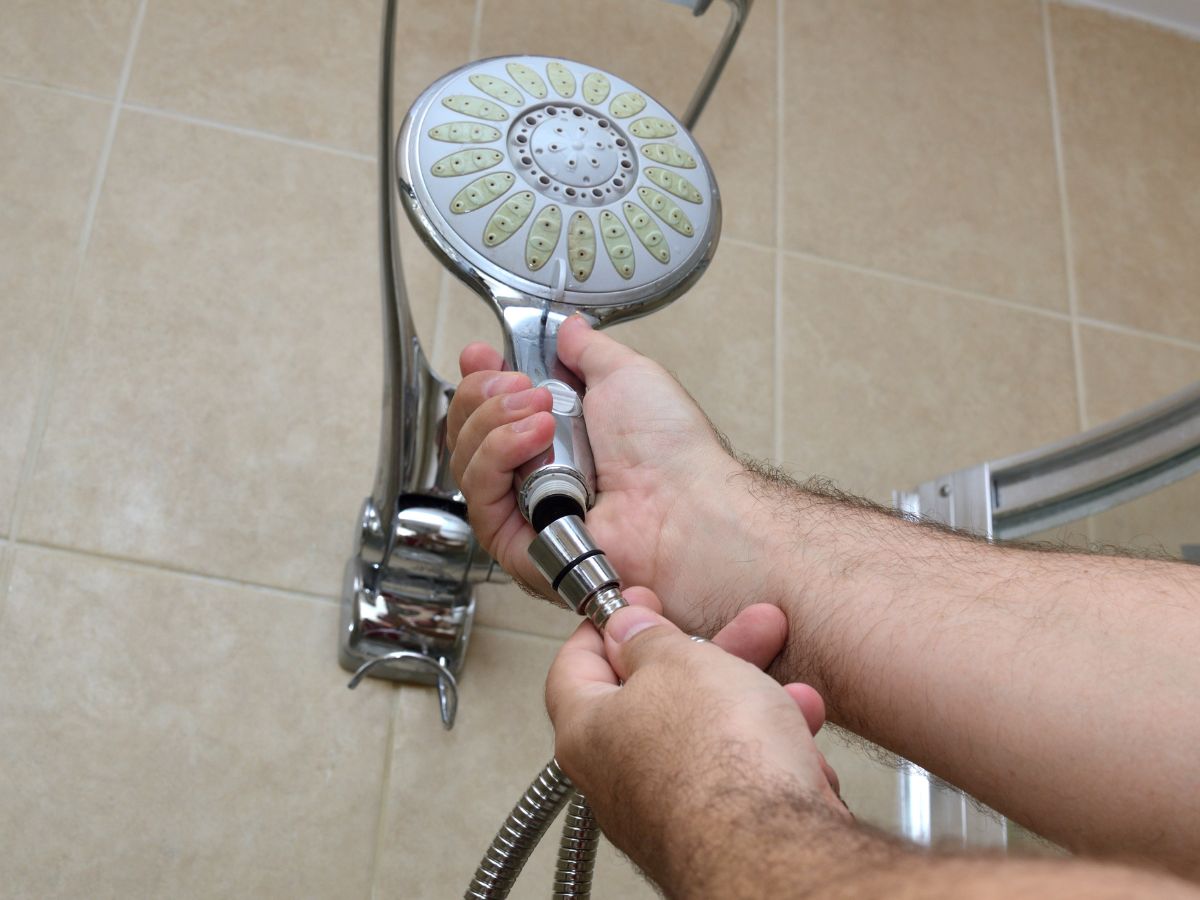
How to Fix a Leaking Pipe
A leaking pipe can cause significant damage if left untreated, but there are steps you can take to fix the problem temporarily until professional help arrives:
- Turn off the water supply: Find and shut off the main water valve to stop the flow of water.
- Identify the leak: Once the water is off, locate the leak along the pipe.
- Use plumber’s tape: Wrap the leaking section of the pipe with plumber’s tape to create a temporary seal. Make sure the tape is wrapped tightly.
- Apply epoxy paste: For small cracks or holes, you can apply an epoxy putty or paste to seal the leak. Allow the paste to dry completely before turning the water back on.
While these are great temporary fixes, recurring leaks often signal that your plumbing system may need an upgrade. Call a plumber to assess whether a full pipe replacement is necessary.
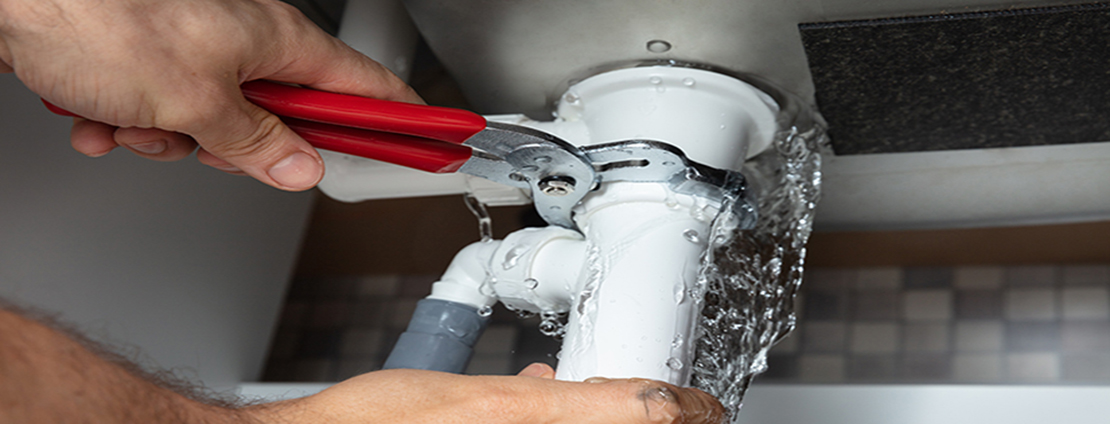
When to Call a Professional Plumber
While some leaks can be handled with DIY fixes, more serious issues require professional attention. Call a plumber if:
- You’re unable to locate the leak.
- The leak is coming from a major pipe or hard-to-reach area.
- Temporary fixes are not working, and the leak persists.
- The water damage is extensive, affecting multiple areas of your home.
A licensed plumber can quickly and effectively resolve any leak, ensuring your plumbing system is safe and efficient.
If you’re dealing with a water leak, Parker Plumbing is here to help.
Whether it’s a leaking tap, pipe, or bathroom fixture, water leaks should always be addressed promptly. Identifying the source of the problem is key to preventing further damage, and while DIY fixes can work for minor issues, don’t hesitate to call in a professional plumber in Ipswich for more significant problems.
Contact us today at 07 3177 2019 for professional, reliable leak detection services.
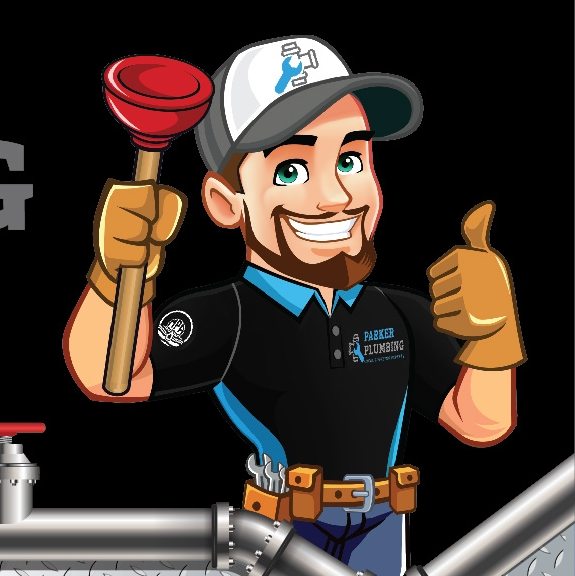
Dan Parker is the Director of Parker Plumbing and has over 16+ years of experience in the plumbing industry. His commitment to providing exceptional customer service means that he has seen it all – anything to do with residential or commercial plumbing, he knows what to do. Passionate about helping people in his community, Dan strives to offer honest and reliable plumbing services in the Brisbane and Ipswich areas.
Latest Blogs
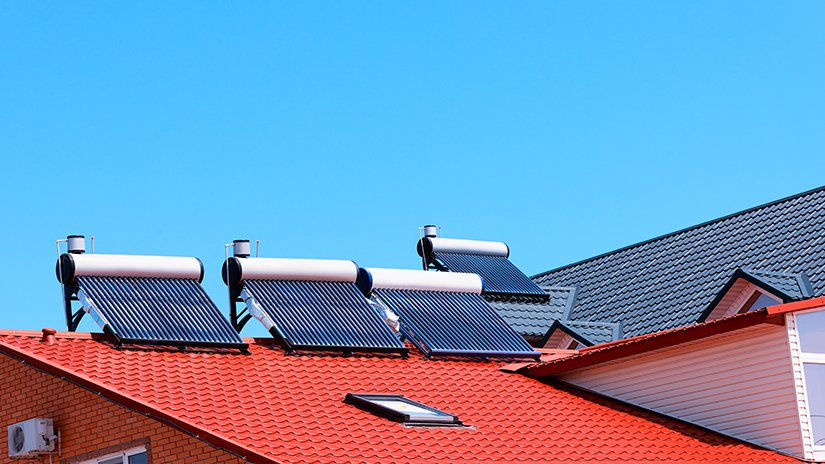
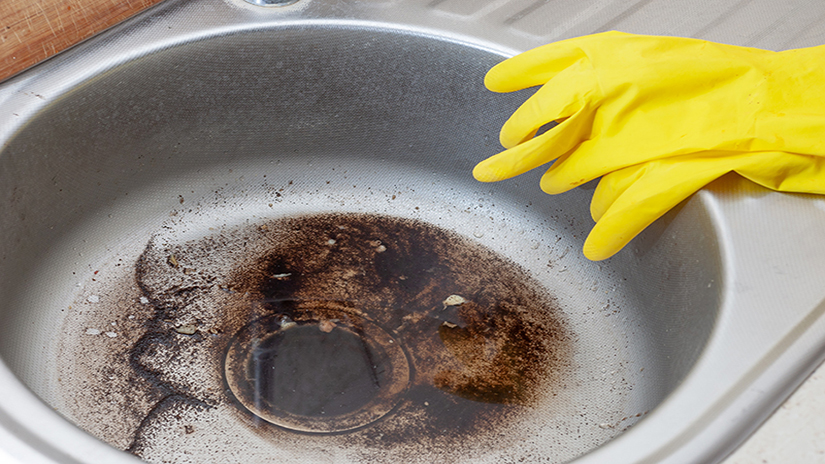
How Much Does it Cost to Unblock a Drain
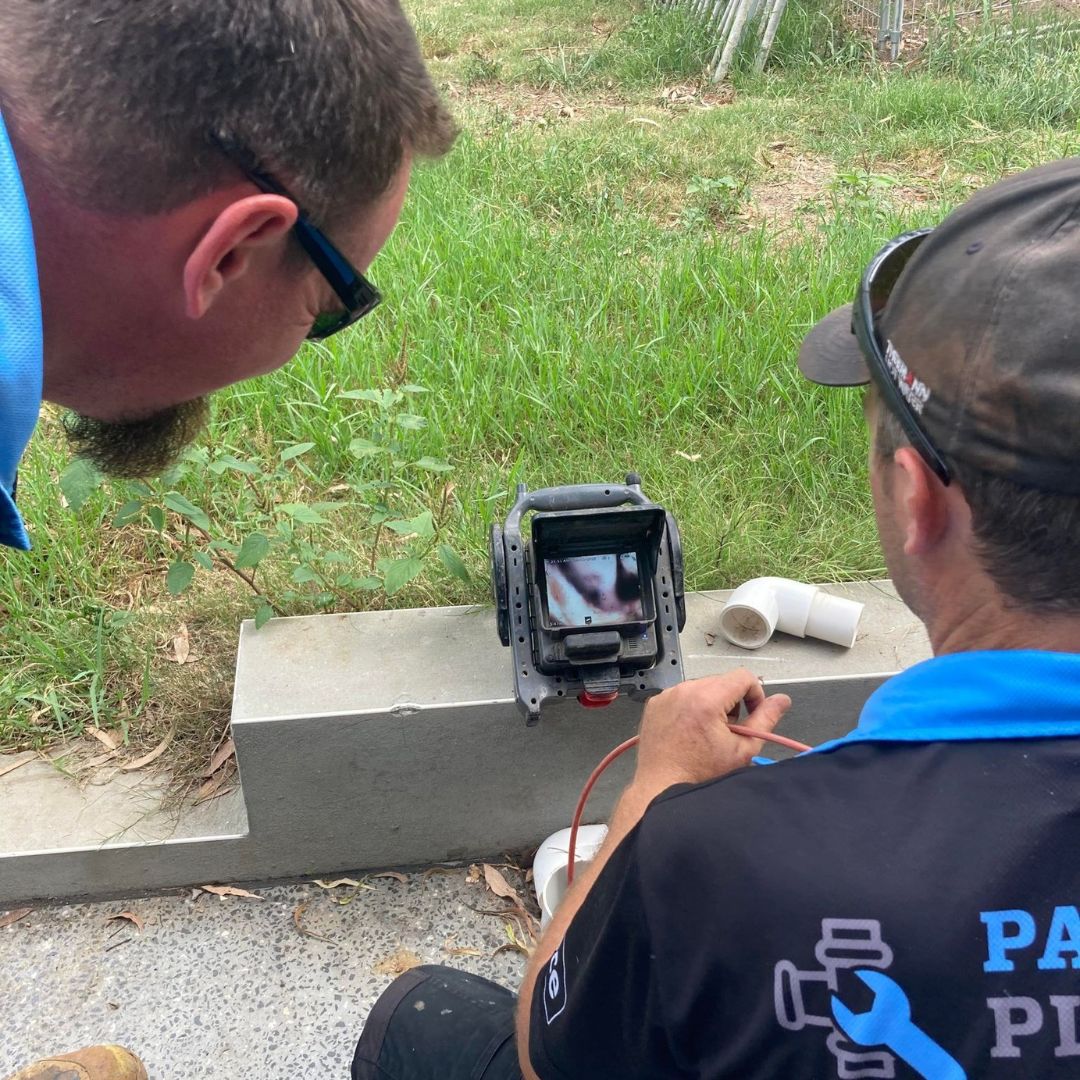
10 Common Causes of Blocked Drains and How to Fix Them

How To Fix Your Water Leak Problems
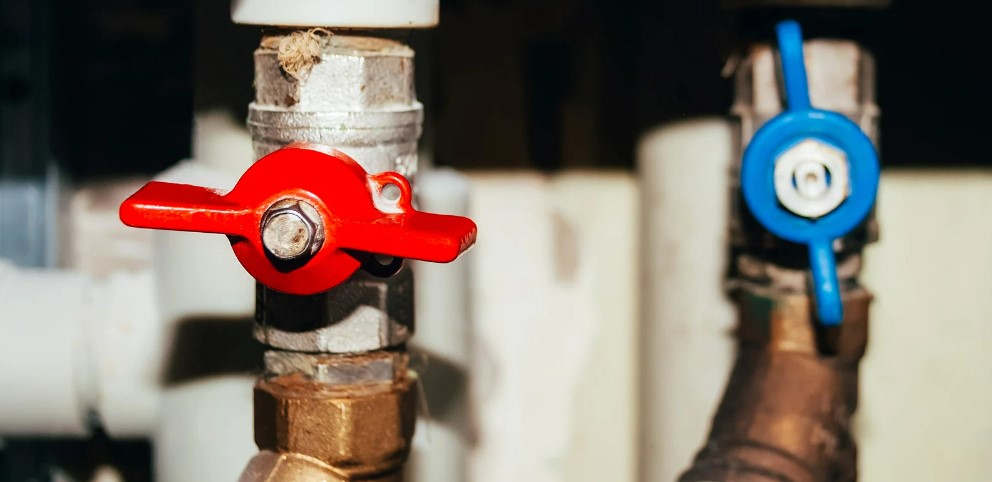
How to Install a Hot Water System

